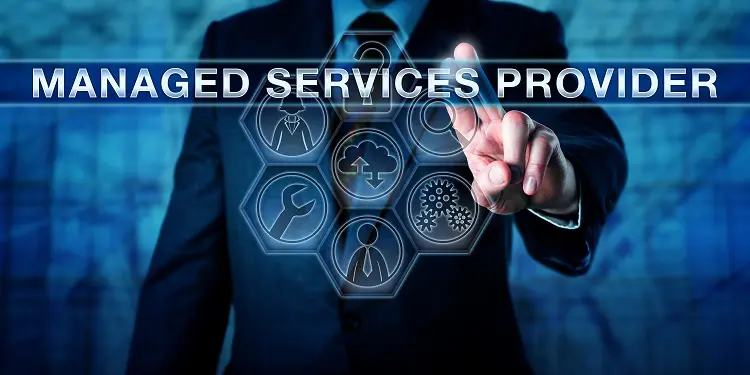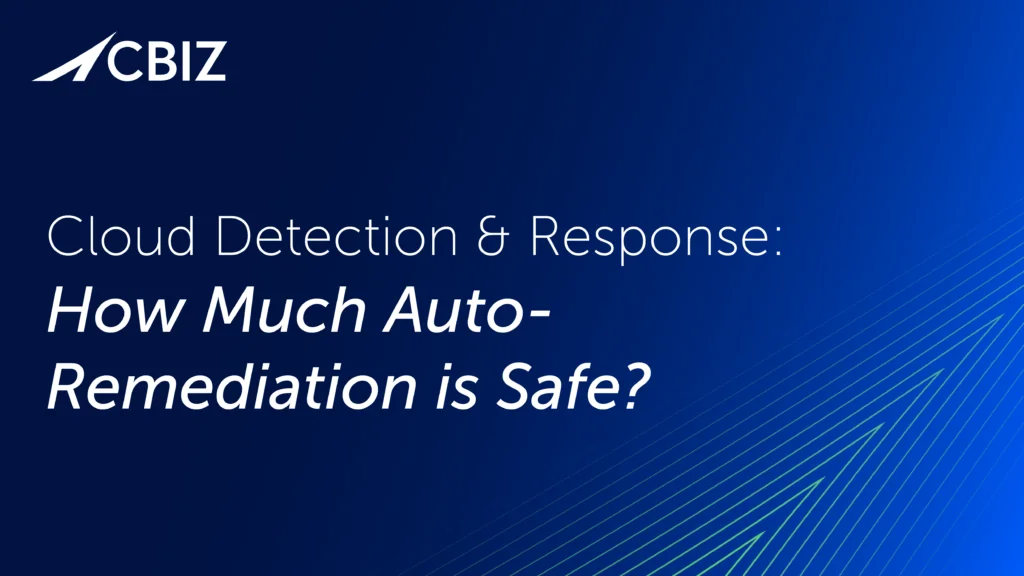Last Updated on January 24, 2025
The stampede to cloud brings with it a new lexicon, new technology options and new ways for SMBs to mix and match vendors and service providers.
How does today’s managed service provider (MSP) role fit into the evolving cloud picture? What will the impact of cloud ultimately be on MSPs? Will companies need one MSP for on-premises IT and a different MSP for their cloud-based services? Or different MSPs for different public, hybrid and/or private clouds?
To predict the influences of cloud and other industry trends on MSPs, we asked Charles Weaver, cofounder of MSPAlliance, to be our guest on a recent episode of The Virtual CISO Podcast. Hosting the show per usual was Pivot Point Security CISO and Managing Partner, John Verry.
“The movement to the cloud has accelerated,” verifies Charles. “The first inflection point or battle was 2009-2010 when the global financial crisis created this kind of knee-jerk reaction of, ‘I don’t care what we’re doing, but get all that gear out of the closet, out of that data center, everything’s going to the cloud.’ And that caused two solid years of disruption in the market, because the MSPs were saying, ‘What are you doing? You think that this is going to save you money? It’s not.’ And the first rude awakening that customers had was when we thought everything going into the cloud was going to save us a boatload of money.”
John replies: “I read an article this morning, and the guy basically said, there’s a new discipline called FinOps, ‘financial ops,’ like DevOps. And FinOps is about trying to control the cost of cloud services, which the article called ‘the cable bill of cloud.’ You get in at this great price and you’re convinced that you’re going to save all this money. Then every month the bill goes up and nobody can figure out what the bills are for, and nobody has the time to look at it—and we’ve seen it here. Our cloud bill has, like, tripled this last year. And no one can figure it out.”
“The cost thing was a very big, unexpected effect of going to the cloud,” agrees Charles. “There were also a lot of security, privacy and just general management issues, at that time and still to some degree today. Hey, we all have these legacy applications. We had some real big migratory issues.”
A Bigger Piece of the Pie
“The MSPs are going to have a greater role [in cloud],” Charles continues. “It’s going to shift dramatically. The MSPs are gone that just sat around managing small business Exchange servers. SMBs are onto Microsoft 365 now, Google Apps or G Suite or Google Workplace or whatever they’re calling it now…”
“But MSPs are in a good position now because [cloud] plays into, in my opinion, a user security role that MSPs were born for,” adds Charles. “Meaning that instead of managing that small business Exchange server, they now have the ability to manage users, manage data, manage privacy, manage security, manage the massive proliferation… including work-from-home that we saw from the pandemic. MSPs have a lot more responsibility than just that one U-rack server that used to be in almost every small business office throughout the world.”
“So I think the stakes have increased,” Charles notes. “Security is definitely at the top of that IT needs stack that MSPs have to provide. And now they’re dealing with… Think of the complexity, John—just all those different cloud environments. Are they all in Azure? They’re not. They’re using Salesforce, QuickBooks Online… Everything is cloud-based.”
“Even a little company like us, when you look at all of the different components of what we’re doing, it would be hard for a single MSP to be well-versed across all of them,” John cites. “They’d have to be pretty large to have enough people to cover everything we cover.”
“The bane of every MSP is the rate at which technology changes,” Charles comments. “Because that means that for them to be compelling and cutting-edge, they have to stay sharp. They have to be well-trained on all the latest changes. But I think it’s a really good sign that, while the pandemic did a lot of damage economically, the MSPs that were sitting on recurring revenue proved one thing: the managed services profession was in demand, and MSPs have stayed very much high in demand all throughout. They were very much relied upon by the global business community to get through that very tough period.”
“So I think the next evolution is going to be, now that we’ve figured out work-from-home, someone damn well better figure out how to secure it. And I think the MSPs are going to be a major contributor to that story,” advises Charles.
If you’re an MSP leader or customer, you’ll appreciate the forward-looking guidance in this podcast episode with MSPAlliance cofounder Charles Weaver.
To hear this episode end-to-end, click here. If you don’t use Apple Podcasts, you can access all our cybersecurity podcasts here.























